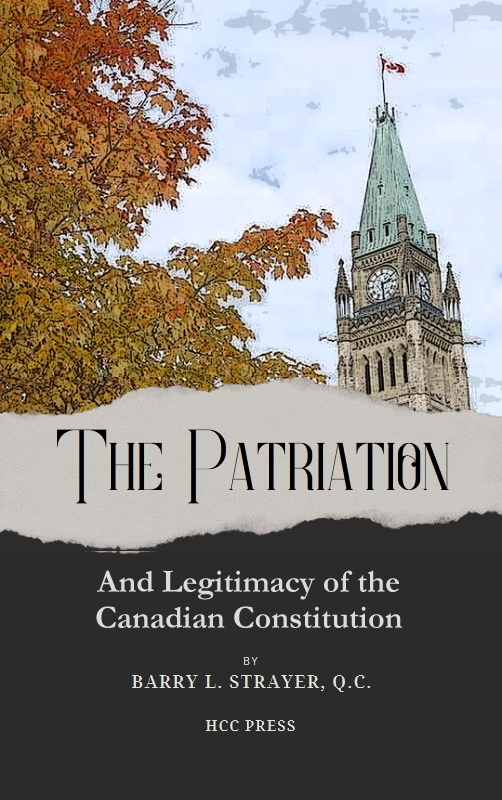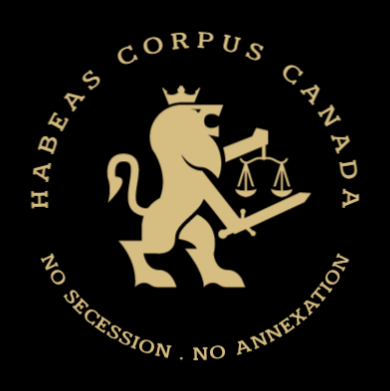On the other hand, Parliament had many detractors who pronounced any decision on the constitution by the two Houses to be “unilateralism”.13 A more sophisticated version of this criticism was that Parliament should not proceed in this fashion without a mandate from the people, gained either through an election in which this was an issue or through a referendum.14
One might also conclude that members of Parliament themselves had doubts about the role of that institution in constitutional amendment. You will recall that an agreement was reached by all parties in Parliament in April, 1981 not to proceed with a final vote on the Joint Address until the Supreme Court had heard the appeals from the provincial references on the question of whether or not the process being employed was in accordance with the law and the conventions of the constitution. Whatever the reasons may have been, the objective facts are that Parliament did not proceed to final approval until the Supreme Court had said that it would be in accordance with the conventions of the constitution to obtain substantial approval from the provinces and the agreement of nine provincial governments had been obtained.
Once there was that level of provincial agreement, there was little opposition in Parliament, the press, or the public, at least outside of Quebec, with respect to Parliament proceeding.
13. See e.g., “Mr. Blakeney’s Task”, Toronto Globe and Mail, editorial, Oct. 14, 1980; “Une action d’une exceptionnelle gravité” Le Devoir, editorial, Oct. 4, 1980, p. 18.
14. “Pourquoi pas des élections, M. Trudeau?” Le Devoir Oct 16, 1980, p. 14; Prof. G. Rémillard, Proceedings of Special Joint Committee on the Constitution, Jan. 9, 1981, 35:11.

